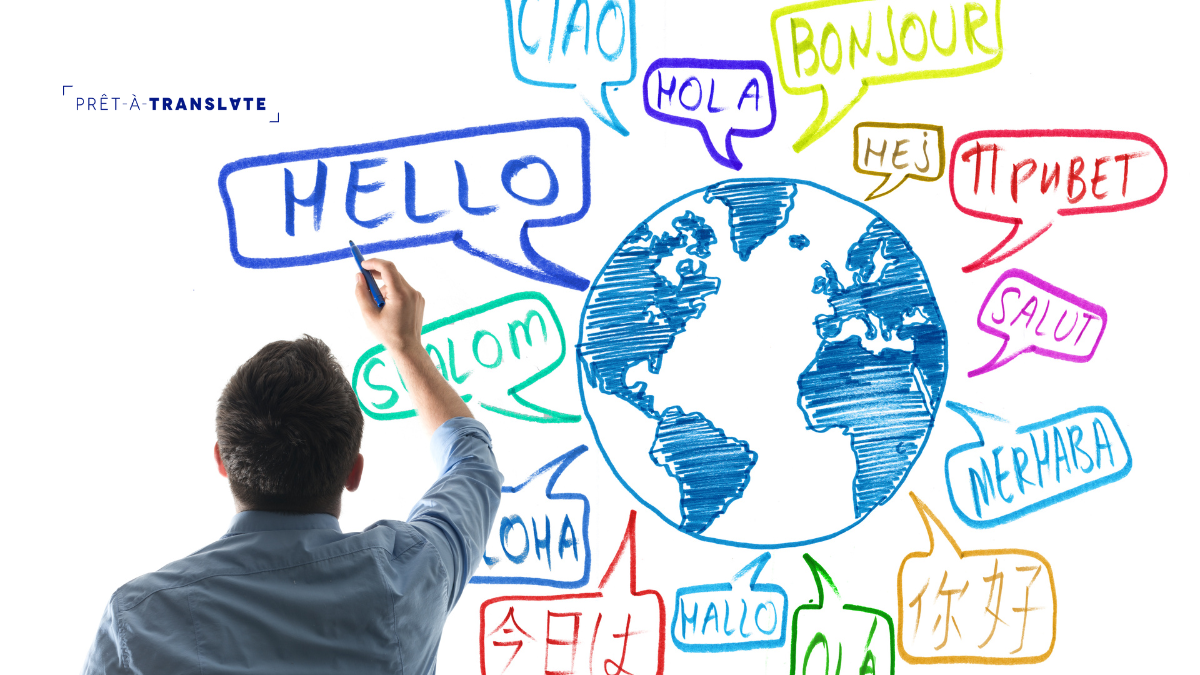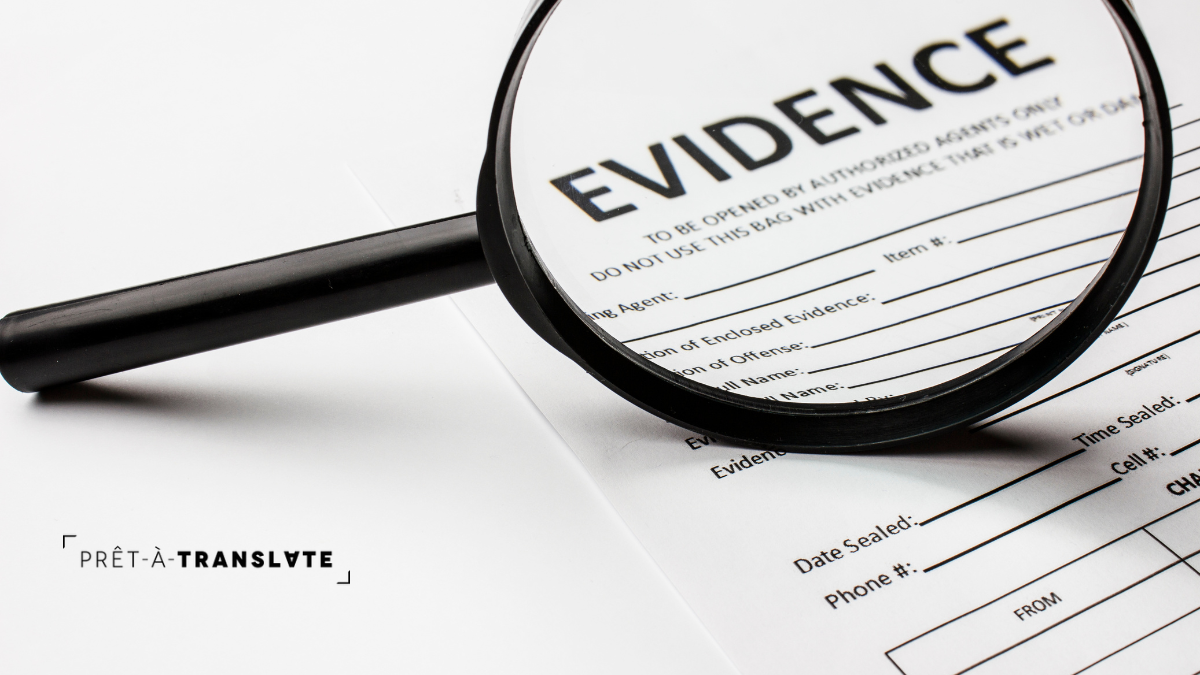
Career options for translators
I thought it would be valuable to update a 2017 post and examine translators’ career options, including looking opportunities in new fields that were not that popular by then, like Natural Language Processing and Forensic Linguistics.
Common career options for translators
How many of you have gone to University full of hope, only to leave with an almost useless degree?
At 18, it’s challenging to know the ‘right’ path.
Were you just expected to go to Uni?
Translation students invariably become teachers, and many of my classmates have gone down that route.
In my case, however, I did it the other way round. First, I became a Primary School teacher, and afterwards I became a translator, which was the profession I really wanted to take up.
But don’t worry, there are plenty of job opportunities for translators and interpreters outside the classroom!

Other careers for translators and interpreters
After teaching, it’s common for translators to work in translation agencies.
These are often behind large companies that need these services to sell their products in other countries.
However, when you speak to someone who doesn’t know much about the sector in Spain and tell them you’re a translator or interpreter, they usually think the following:
- Literary translator: you translate books.
- Conference interpreter: (like Nicole Kidman in ‘The Interpreter’).
- Sworn translator/interpreter.
Thanks to Netflix, more people are aware that audiovisual translators exist too.
Still, there are loads more job opportunities for us!
We can work in many departments within multinational companies.
Legal: if a company has offices in other countries, this department will have a lot of work every time there is a need to negotiate with agents, distributors, contract employees in the target countries or contract foreign employees to work in the head office country.
In some cases, they will need sworn translations, so having someone who can manage the certified/legal translation department could be beneficial.
Marketing: companies that adapt their products to different languages and cultures must do the same with all their online and offline collateral and campaigns.
Sometimes they may hire agencies to do this. While some have a specialist for each country who manages all the work with external collaborators.
In July 2022, I started working for a sports brand as an internal reviewer.
I review the content translated by the translation agency and ensure it matches the expectations set by the global marketing department or the local marketing team in Spain.
Product design: companies with their translation departments collaborate with technical writers to develop instruction manuals and other documents that accompany their products.
Human Resources: translators and interpreters act as cultural mediators in this department. Their role is becoming increasingly important in preventing conflicts and improving employee loyalty.
While this would be ideal, gaining access to large companies can sometimes be challenging.
Luckily, thanks to outsourcing, we have even more possibilities:
- Law firms
- Marketing and advertising agencies
- Software development companies
There is something positive about working in these companies, in my opinion at least: you work with different clients, different products, and different texts, and besides it being an enriching experience, it can also make you more creative.
Well, it may be harder for legal translators to be more creative, but who knows?
Marketing agencies have an increasing need to prepare multilingual and multicultural campaigns, and having someone who can help them shape these campaigns and find translators will be helpful.
I work for several marketing agencies, and I was not surprised to find that some of their PMs and in-house reviewers were translators.
In the health sector (private health more than public health), the role of the translator/interpreter is increasingly important as a link between the patient and doctor.
Without straying far from the linguistic path, some translators opt for a job in proofreading and work for publishers or newspapers.
Natural language processing (NLP) is a promising career path
NLP is the discipline of making human language processable by computers.
As part of the artificial intelligence field, computers find helpful ways to understand, analyse and derive meaning from human language.
For those searching for jobs, there are many options available. The most common NLP job titles include NLP Researcher and NLP Analyst.
It’s a growing market and, according to Statista, will grow to over $43 billion by 2025.
With Glassdoor reporting an average salary in the US for NLP jobs at just over $52,000 annually, it’s an excellent option to consider.
And, like many other jobs in the tech field, there is an extensive range of opportunities, from entry-level to senior, which will dictate your salary.
A career in forensic linguistics
Forensic linguistics is a broad term that examines the relationship between language and law.
It’s a prominent career for someone with an analytical mind who is passionate about language.
You can examine written and verbal evidence to help uncover the correct meaning behind a range of texts found in legal proceedings.

It can involve anything from identifying a criminal through examining their writing style to figuring out whether a person is lying through linguistic analysis of their speech.
Pretty incredible getting to work with words all day and have an opportunity to solve crimes!
I hope this post gives you some reassurance that you can use your degree for something other than teaching, working in an agency or freelance.
See you for the next post!
